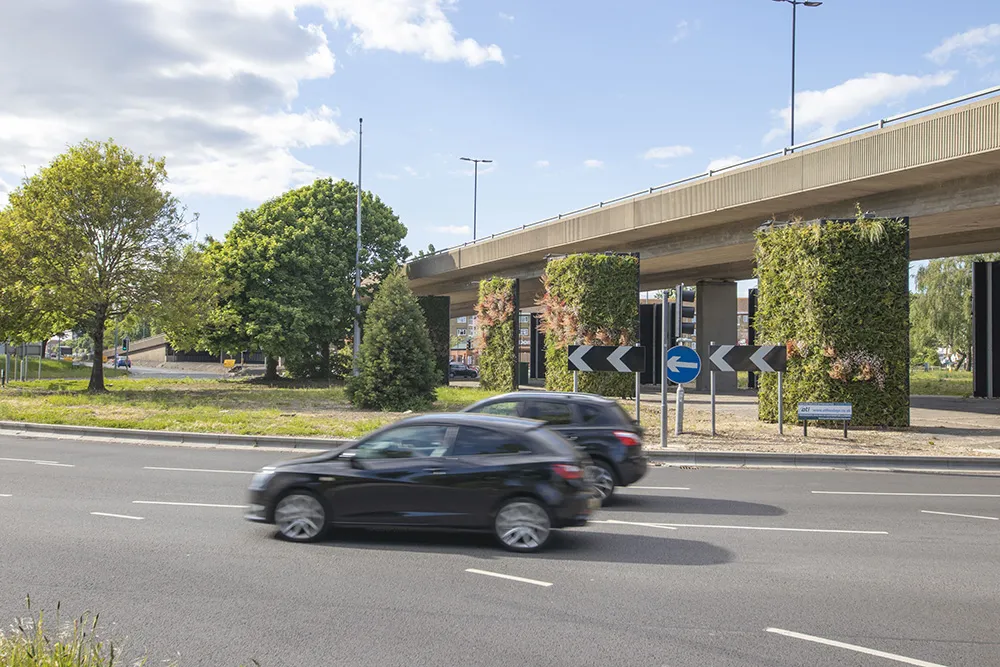FairFuelUK (FFUK) has launched a crowd funding campaign to raise money to challenge London mayor Sidiq Khan’s T-Charge on drivers on older diesel and petrol vehicles. It is also calling for the UK government to set up an independent public inquiry to investigate alternative solutions for improving air quality in UK cities.
September 13, 2017
Read time: 1 min
FairFuelUK (FFUK) has launched a crowd funding campaign to raise money to challenge London mayor Sidiq Khan’s T-Charge on drivers on older diesel and petrol vehicles. It is also calling for the UK government to set up an independent public inquiry to investigate alternative solutions for improving air quality in UK cities.
FFUK highlights the public importance of the case due to what it sees as the regressive nature of the T-Charge and claims any such imposition will be unlawful as its legal advice is that the mayor has acted outside the scope of his lawful powers. The organisation says other effective and low cost solutions are available to improve air quality and these must be examined by an independent public inquiry with the aim of legally setting in place best practice methods.








